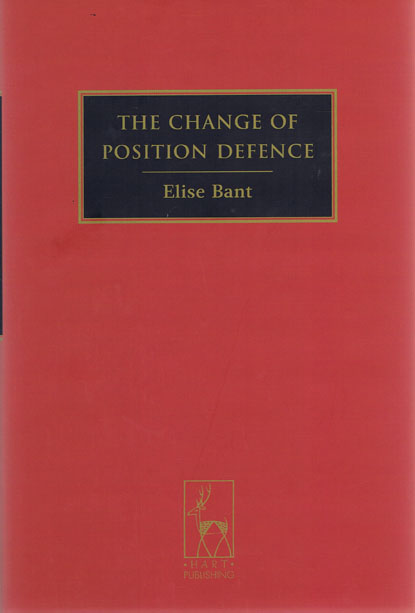
The aim of this book is to define and explain the operation of the defence of change of position in Anglo-Australian law. It is a widely accepted view that the defence is a modern development, the first express recognition of which can be traced in England to the seminal decision of the House of Lords in Lipkin Gorman (a firm) v Karpnale Ltd.
This work takes a different stance, arguing that the modern case law is best understood through an examination of its historical antecedents, placing the defence within its broader historical context and showing how its disputed features might be resolved.
Part One considers other, well-established defences, shedding light on the change of position defence and laying the foundations for the examination of the defence in a manner consistent with the law as a whole - the task of Part Two of the book. Here the features of the defence are identified, examined and clarified, by reference to the change of position defence authorities, considerations of policy and principle and the lessons derived from the doctrines and defences which were the subject of Part One.